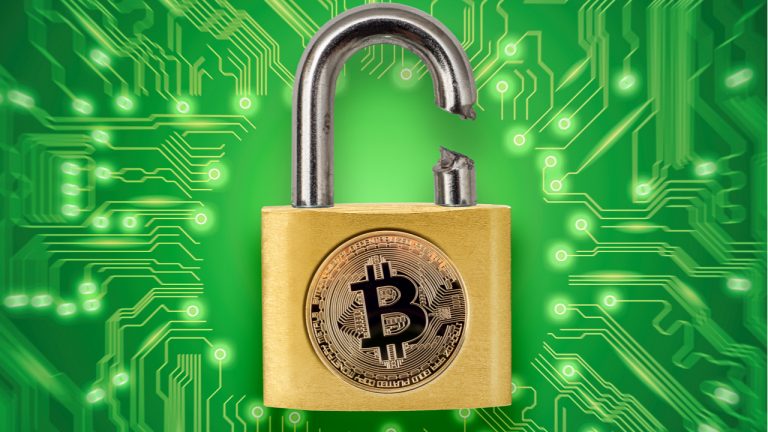
A New Frontier in Crypto Investing: GSR’s Treasury-Company ETF Proposal Lifts...
The world of crypto investing is changing. Companies are shifting from solely token-based assets to more sophisticated, equity-backed exposures. In a bold move, GSR – a well-known crypto market maker – filed for a new exchange-traded fund (ETF) to invest in companies whose corporate treasuries hold digital assets. If approved, this ‘digital asset treasury company’ ETF could provide a new way for investors to gain exposure to crypto without directly owning tokens. GSR Proposes a New Twist GSR’s ETF filing shows that the fund plans to invest at least 80% of its assets in equity securities of....
Related News
The Treasury has opened up the comment period for its self-hosted wallet requirements for another 60 days. The United States Treasury Department's now-infamous proposal to require information on crypto transfers from exchanges to self-hosted wallets is back in motion.Per a Tuesday announcement from the Financial Crimes Enforcement Network, or FinCEN, stakeholders will have another 60 days to respond to the proposal. While a marked improvement from the 15-day comment period of the original proposal, unfortunately for the crypto industry, it doesn't look like the actual terms of the proposal....
The Electronic Frontier Foundation (EFF) raised concerns about the strengthening financial surveillance through the proposed crypto regulations announced by the U.S. Treasury’s Financial Crimes Enforcement Network (FinCEN). The Nonprofit Organization Is Concerned About New Rules on Self-Hosted Crypto Wallets Proposed by FinCEN According to the nonprofit organization based in the United States, the FinCEN is trying to undermine “one of the most important aspects of cryptocurrencies from a civil liberties perspective,” which can provide privacy protections for their users.....
Centrifuge, a real-world asset (RWA) solution and a Parachain, has a plan for Polkadot, a smart contracts platform. In a proposal, the RWA platform suggests that the newly created Polkadot Community Foundation allocates $3 million USDC to their T-Bill pool. This pool is held within the Anemoy Liquid Treasury Fund and aims to serve multiple objectives. Centrifuge Wants Polkadot To Invest $3 Million In T-Bills In their proposal, allocating the $3 million to T-Bill as an investment will benefit the broader ecosystem. Of note, it will help boost the long-term sustainability of the Polkadot....
As many in the crypto industry have said, 15 days over the holidays is just not enough time to respond. Nine congresspeople have signed on to a letter to Treasury Secretary Steven Mnuchin, telling him to hold his horses. The Thursday letter is in response to the Treasury's recent proposal to make registered crypto businesses hold on to more customer information, especially when transacting with self-hosted wallets.The proposal has been met with widespread outrage from the crypto community. Among grievances, many cite the fact that Mnuchin is pushing this rule out just weeks before the....
Many have called the long-rumored rules an existential threat to peer-to-peer transactions. The Treasury has released its long-awaited proposal to restrict money services businesses, including U.S.-registered crypto exchanges, from dealing with self-hosted wallets.In a Friday evening announcement, the Treasury's Financial Crimes Enforcement Network, or FinCEN, announced proposed rules requiring registered crypto exchanges to verify the "identity of their customers, if a counterparty uses an unhosted or otherwise covered wallet and the transaction is greater than $3,000." The rule is....





